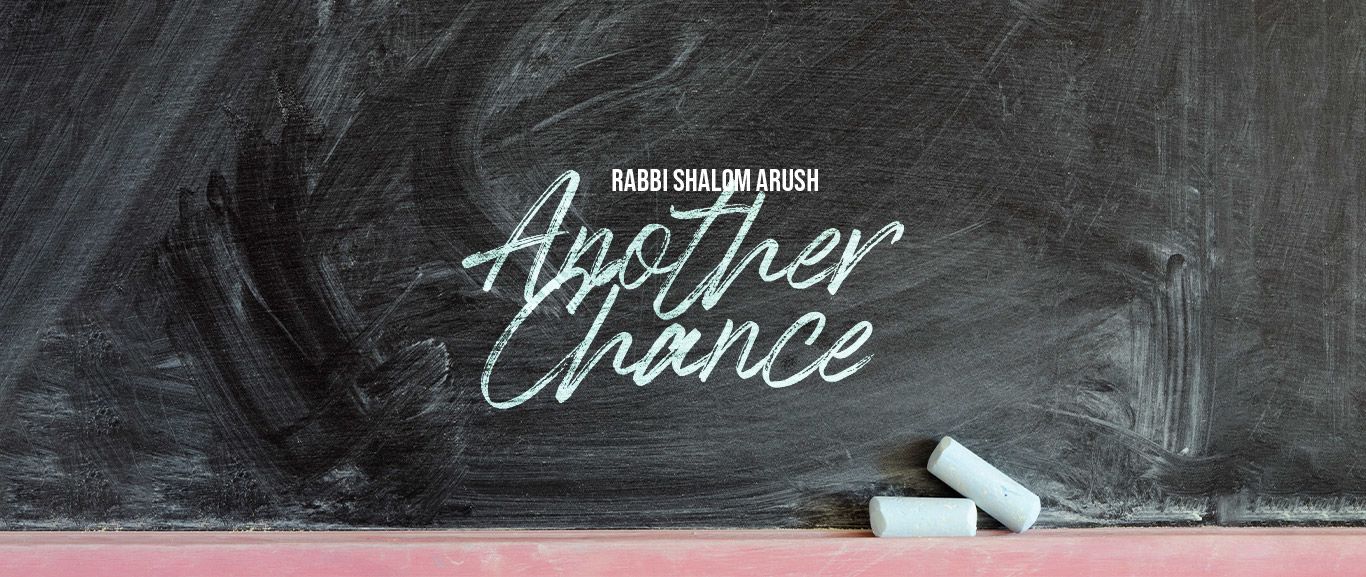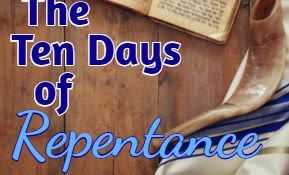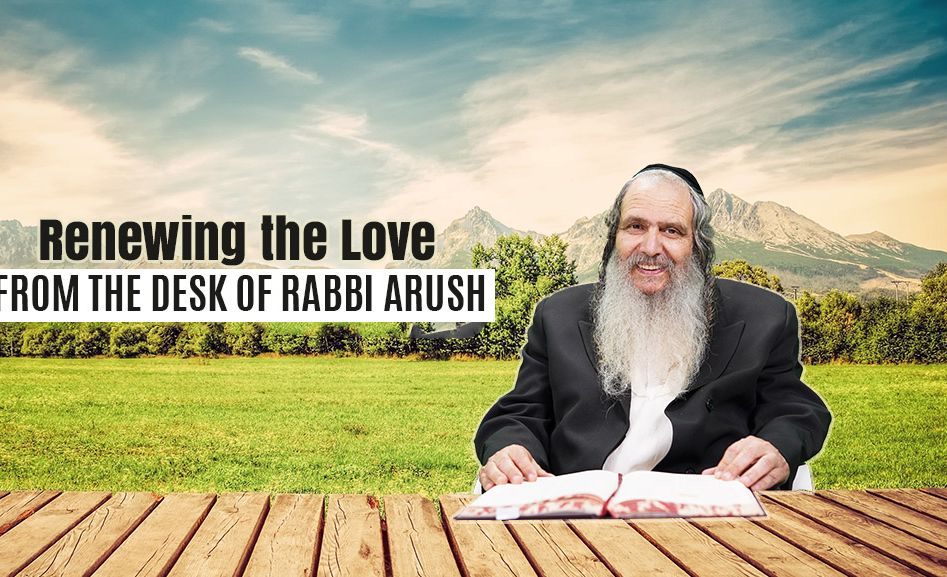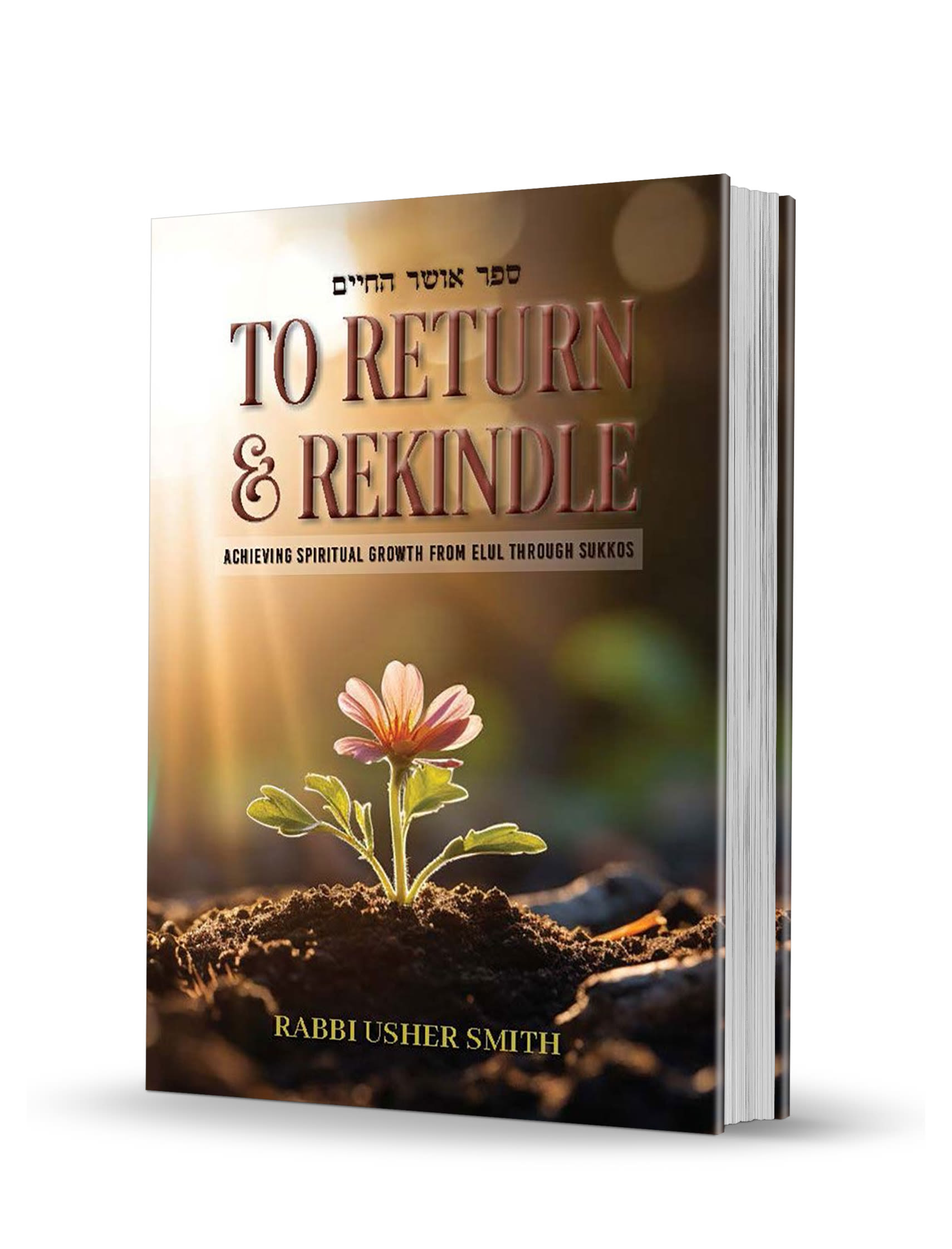The Ten Days of Repentance, which conclude with Yom Kippur, are an indication of Hashem’s tremendous compassion and mercy toward the Jewish Nation. No civil court of law would change its verdict and, after finishing the trial, decide to give a convicted criminal another chance! Imagine hearing, “You’re convicted, but we’re giving you another ten days to repair the damage you’ve done. At the end of those ten days, you’ll have a new trial. Good luck!” What a golden opportunity!
But that’s exactly what happens on Yom Kippur. Hashem judges us on Rosh Hashanah, passes a verdict, and then gives us another opportunity, a new trial, ten days later!
A Personal Encounter with the Judge
The Judge Himself invites us into His private office, at any hour we choose, and on any and every day we choose, throughout the Ten Days of Repentance. We are given the opportunity to explain how we got ourselves into this predicament, to placate the Judge and to convince Him to forgive us of our iniquities. In turn, the Judge promises to assist us, to view us with compassion, and to annul the original verdict.
Therefore, during this opportune time, how important it is for us to put aside time, each and every day, to be alone with our Maker, to speak with Him and to plead with Him to forgive us and bring us close to Him. In other words, we should use this time to go to the very top, to tell Him everything and to resolve to make serious changes in our lives. And prayer, of course, is the key to accomplishing that.
Teshuva, Tefilla, and Tzedakah
In the prayers of Rosh Hashanah and Yom Kippur we recite the well-known words: “Teshuva (repentance), tefilla (prayer), and tzedakah (charity) annul the evil decree.” During these days of repentance we must focus ourselves and devote more time to these three life-yielding areas.
When a person spends an hour in hitbodedut, he is certainly doing teshuva – reflecting and repenting his sins and resolving to change his behavior. Further, he is praying – pleading with Hashem that he merit to be written in the Book of Life and to grow spiritually. As for tzedaka, it’s obvious that we should give more tzedaka during these Ten Days of Repentance, showing our compassion for the needs of others.
Doing Teshuva Out of Love
Our Rabbis state that when a person returns to Hashem out of love, his abominations turn into merits. If sins that are described as “abominations” are able to turn into merits, then how much more so sins that are not termed as “abominations!” Imagine! A person could have done the most terrible things in the world, but if he is privileged to return to Hashem out of love, those atrocious acts are transformed into merits for his benefit.
But who can attain such an exalted level, that he can actually return to Hashem out of love? It would seem as though very few people could reach such heights. But in truth, each person is capable of reaching this level. The key lies in hitbodedut (personal prayer). Through devoting an hour a day to hitbodedut, each and every day, even when everything is going well, and returning to Hashem in teshuva, a person can succeed in returning to Hashem from love. Cultivating a personal connection with Hashem, even before one is overwhelmed with troubles, creates a bond of love. His communication and teshuva originate from a core love. And so when one stands before Hashem in repentance, his heart broken from violating that love, his sins are transformed into merits.
We are all capable of reaching this exalted level of returning to Hashem out of love for Him. It’s so simple. Anyone can do it. We don’t have to be well-versed in the Torah or a genius. All it takes is one hour a day of Hitbodedut.
Beloved Prayer
It’s impossible to describe the importance of personal prayer. Through prayer, a person can reach the most exalted level.
Prayer is our personal path toward reaching the Heavens. When we speak to Hashem with our own words, Hashem Himself elevates our prayers.
Now is the time to repent! Now that we’ve learned how to attain the exalted level of repenting from love, let’s put aside an hour a day to speak with our Creator. The true Judge, the King of kings, is waiting for us to enter His personal chamber and tell Him everything – how our yetzer hara (evil inclination) pushed us to sin, how we tried to resist but failed, our newly found resolve to mend our ways and change, and what we are doing to implement that change. He is waiting for us to ask for His help and to beg His forgiveness, and of course, once we’ve taken those steps, He will definitely forgive us!
May we be granted a complete forgiveness, and be inscribed in the Book of Life.














Tell us what you think!
Thank you for your comment!
It will be published after approval by the Editor.